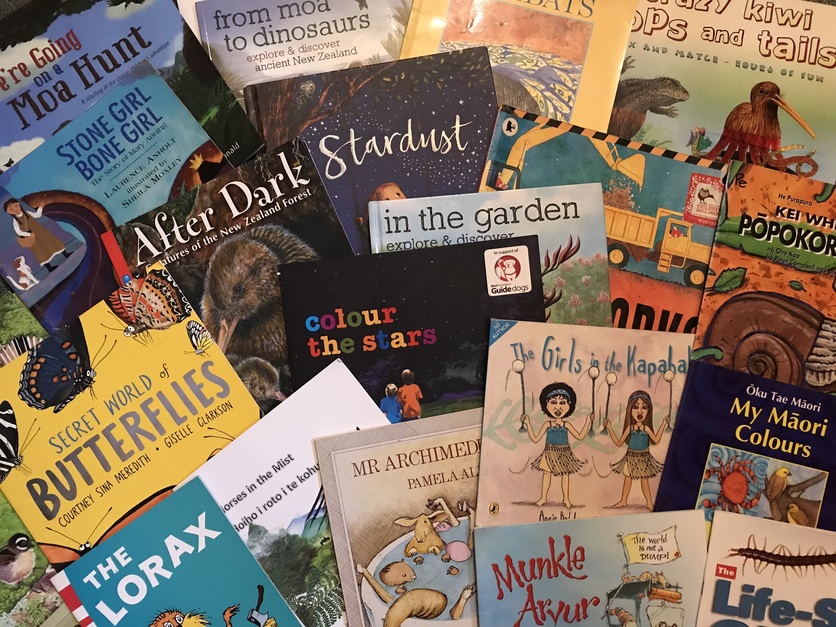We have new resources for every level – from the early years to secondary – that stretch across the science and technology strands.
New content – rethinking plastics, innovation, and the science capabilities
Plastic is a wicked problem. It’s incredibly useful, but it’s also a huge environmental issue. The Hub has a new suite of resources that focus on Rethinking plastics in Aotearoa New Zealand and how the Office of the Prime Minister’s Chief Science Advisor uses evidence to provide robust, impartial advice on scientific matters.
Check out innovative research in bioplastic alternatives including the use of wastes from the wine industry and forestry slash. We’ve added them to the Thinking about plastic planning pathways – it’s a one stop shop for resources and curriculum information.
Building Science Concepts – birds and life between the tides
We’re recreating and updating some of the Ministry of Education’s Building Science Concepts (BSC) books. Like the series, our resources present the interlinking concepts that build stage by stage. We also provide wrap-around materials to illustrate and scaffold the concepts.
Our newest resources feature birds and life between the tides. Keep an eye out – there are more BSC resources to come!
Free PLD webinar – Having fun with the science capabilities
Join Greta and Associate Professor Maurice Cheng as they take a playful approach to what progress in the science capabilities may look like, using a range of simple activities. This free webinar will be valuable for both primary and lower secondary teachers.
Date and time: 19 August 2021, 4:00–4:45 pm
Science, literacy and the early years
In case you missed it, our previous webinar Science through picture books highlighted the strength of picture books as a tool to promote science conversations and capabilities.
We’ve an entire section devoted to literacy through science. This includes selected articles from the Connected series. To make things easier for you, we’ve also grouped Connected titles by topic and/or concept in our new article Connected – promoting STEM literacy. For each of the Connected articles on our site we provide related content and activities to deepen and extend student learning.
Picture books also feature in some of our new ECE content that tell stories of belonging, identity and place, with links to science learning.
These are just a few of the resources of interest to teachers in the early years – to find others, just look for the new Early years filter when using our search, in our PLD section or when browsing a topic or concept.
Follow us
We offer added value through our social media. Contact us about creating collections or boards tailored to your needs. We can help foster connections between the education and science communities.
- Facebook: www.facebook.com/nzsciencelearn
- Twitter: www.twitter.com/NZScienceLearn
- Pinterest: nz.pinterest.com/nzsciencelearn
- Instagram: www.instagram.com/sciencelearninghubnz
Your feedback
We hope you enjoy using the Science Learning Hub – Pokapū Akoranga Pūtaiao in your teaching and would love to hear from you. Your comments, ideas and feedback can be emailed to enquiries@sciencelearn.org.nz.
Regards
Science Learning Hub – Pokapū Akoranga Pūtaiao
See all news


